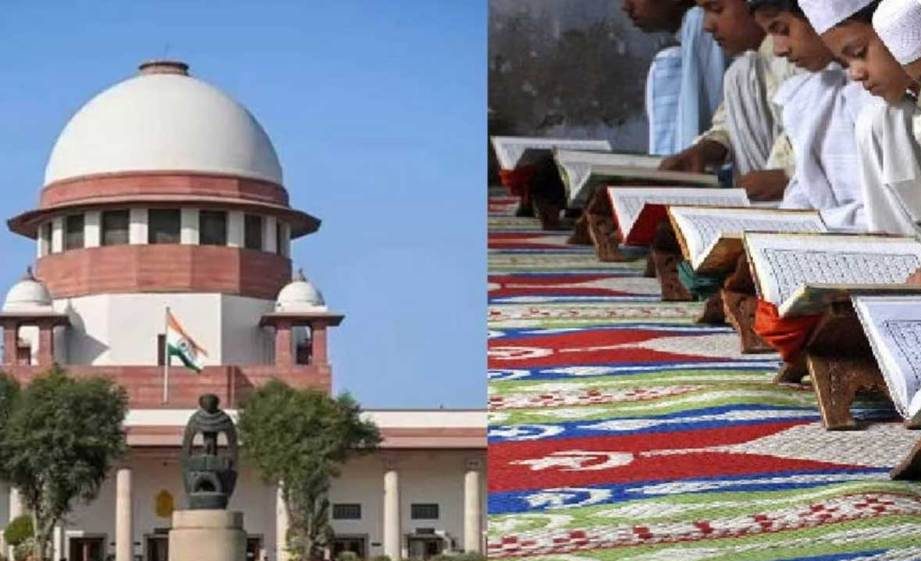
The Supreme Court has stayed the recommendation of the National Commission for Protection of Child Rights to close the Madrassa Board. A bench of Chief Justice DY Chandrachud, Justice JB Pardiwala and Justice Manoj Mishra refused to act on the NCPCR recommendation. Along with this, the Supreme Court has sent notices to all the states and union territories. The hearing will take place again after four weeks.
SC banned
The Supreme Court has also stayed the UP government's decision to transfer students from unrecognized madrassas to government schools. Chief Justice D.Y. Chandrachud and Justice J. B. A bench of Justices Pardiwala and Manoj Mishra took note of the arguments of senior counsel appearing for Muslim organization Jamiat Ulema-e-Hind that the NCPCR recommendation and the consequential action taken by some states needed to be stayed. ,
NCPCR expressed concern
The National Commission for Protection of Child Rights (NCPCR) has recommended closure of government-funded and aided madrassas for non-compliance with the Right to Education Act. The National Commission for Protection of Child Rights in its recent report has expressed serious concern over the functioning of madrassas and asked the government to stop funding them unless they comply with the Right to Education Act.
What is recommended in the letter?
According to NCPCR, sending children only to religious institutions like madrassas deprives them of their rights under the (RTE) Act 2009. The Commission said that Articles 29 and 30 of the Constitution protect the rights of minority communities. But this does not mean that children should be kept away from formal education. The Commission believes that it is the responsibility of the government to provide equal and formal education to all children, irrespective of the community they belong to. The letter also mentioned that mere formation of Madrassa Board or taking UDISE code does not ensure that Madrassas are complying with the RTE Act.
The Commission clarified that children studying in madrassas have the right to religious education as well as formal education, if madrassas are not doing so then they should be closed. Along with this, the state government has also been recommended to stop the financial assistance given to Madrasa Board and Madrasas.
 look news india
look news india